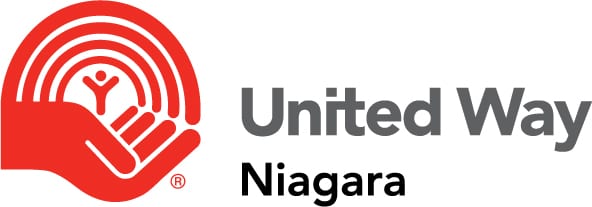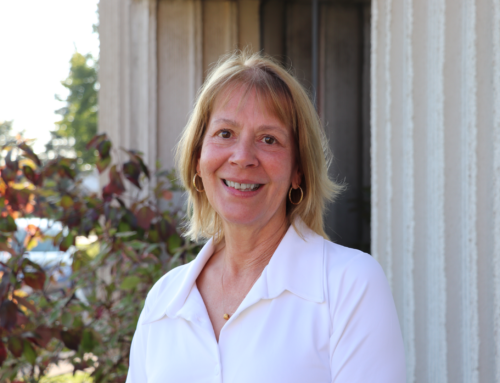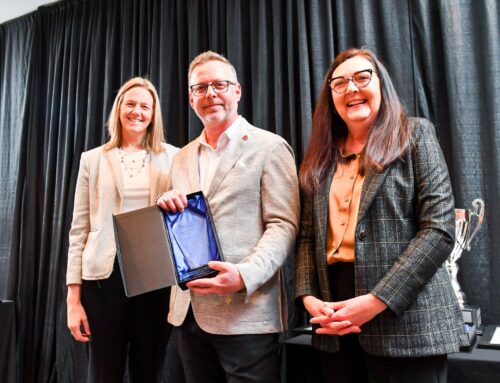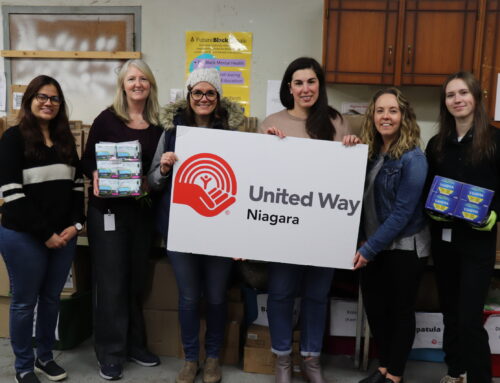Niagara, ON, January 28, 2021 – Last year was a tough one for many in Niagara. Businesses and agencies alike had to adapt overnight to a very different way of operating. In what will be remembered as the most challenging year in recent history, United Way Niagara invested nearly $6.5 million into over 150 life changing programs across the region thanks to community, corporate and government support.
It’s fitting that this was the year United Way welcomed applications for poverty reduction programs. Poverty is the underlying issue for so many in Niagara and the economic fallout associated with the pandemic has increased the need for support in this area. This week, the volunteer Board of Directors approved the funding recommendations set forth by the Community Investment panel for 2021, including seven new programs that focus on emerging community issues and new models of service delivery.
“Fundraising during a pandemic was a challenge but I am proud of the many volunteers, supporters and the Niagara community for coming together when we had to stay apart,” said Board Chair, Jeff Klassen. “We are so fortunate that we are able to maintain our community investments this year.”
United Way’s network of agency partners has been on the frontline serving the most vulnerable in Niagara throughout the COVID-19 crisis. “We immediately saw needs increasing at a rapid rate and were able to respond with necessary supports for our agency partners. We increased funding to new food programs across the region, invested in virtual and phone counselling so that people had access to mental health supports and also significantly funded supports for older adults, seniors and families in isolation,” said Frances Hallworth, executive director of United Way Niagara.
“We recognize the evolving and emerging needs of our community and the need to adapt programs and services so that vulnerable people have an equitable opportunity to succeed,” said Hallworth. “We have made significant investments over the last year in housing stability, food, employment and financial security and will continue to do so this coming year.”
-30-






